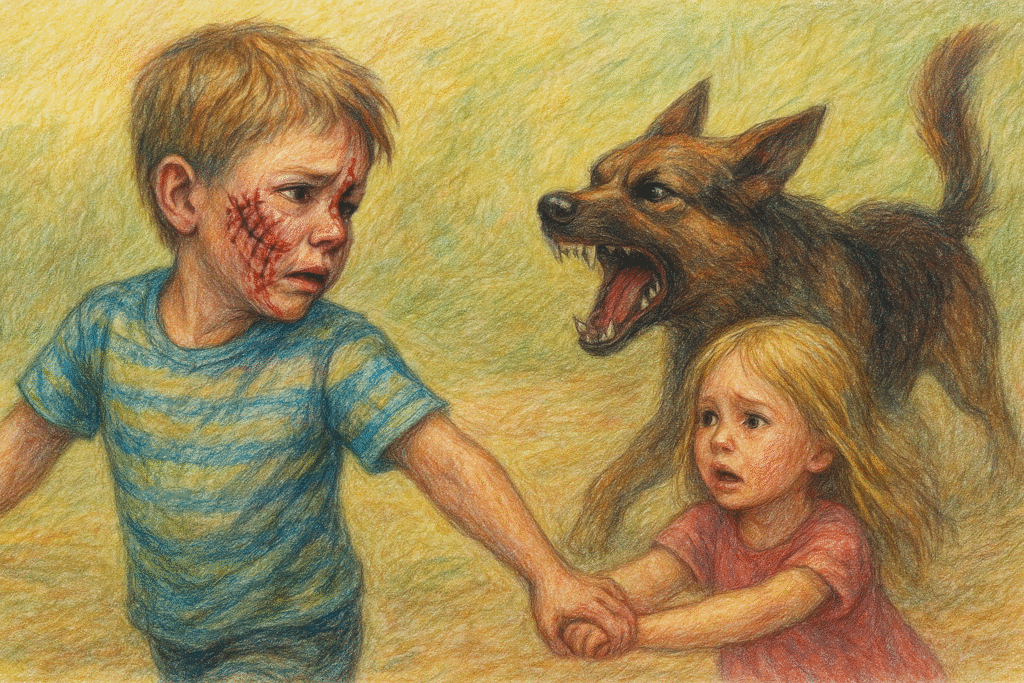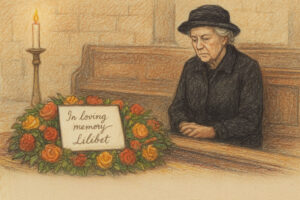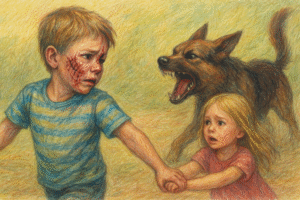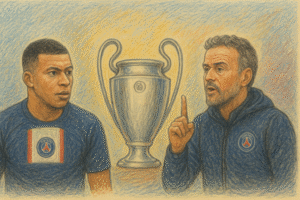In 2020, six-year-old Bridger Walker of Wyoming has become an internet hero for jumping in front of a dog that was running to attack his little sister. The dog attacked him instead, injuring him so badly that he needed 90 stitches on his face.
Despite being injured, he somehow led his younger sister away by the hand and helped her hide from the dog. “If someone had to die, I thought it should be me,” Bridger reportedly said after the attack.
I wanted to recall this story in order to talk about something that this six-year-old boy felt and that unfortunately our society, increasingly selfish, is forgetting: the sense of responsibility: “If someone had to die, I thought it should be me.”
Today, responsibility is presented as being contrary to freedom and personal well-being, when in reality it is quite the opposite. Man is free because he is responsible for his actions; hence, developing a sense of responsibility is fundamental to being truly free.
“The men and women of the 21st century will be called to a more developed sense of responsibility. First, their personal responsibility, in fostering a sense of duty and honest labor…. But there must also be an equal sense of responsibility towards others.” (John Paull II, Address of Holy Father at the exchange of greetings with the diplomatic corps, 1/10/2000).
Personal responsibility means that each one of us must become aware that we are responsible for our own lives; that every decision we make not only affects the immediate present but also the future. In other words, making responsible decisions means weighing the consequences of our actions before making a choice and not acting according to the passionate impulse of the moment, so that we do not regret the decision later.
Responsibility towards my neighbor, which is what young Bridger felt for his sister, means being concerned about him. This responsibility did not negate Bridger’s freedom—as if he had said, “I have no choice but to die for her.” On the contrary, it made him see that his sister’s life depended on him, and that is why he freely decided to risk his life for her.
The decisions we make not only affect us but also affect those around us. Consider, for example, parents who decide to have children but do not consider the responsibility they have to educate them. Later the children suffer the consequences of not having received the proper upbringing.
Throughout the Gospel, Jesus repeatedly made it clear that He had a responsibility to fulfill for the good of humanity and that He was not willing to abandon this mission in pursuit of His own well-being. In doing so, He set an example for all of us: we each have a mission in life and we must not abandon it in search of our own comfort, or what we like, etc.





